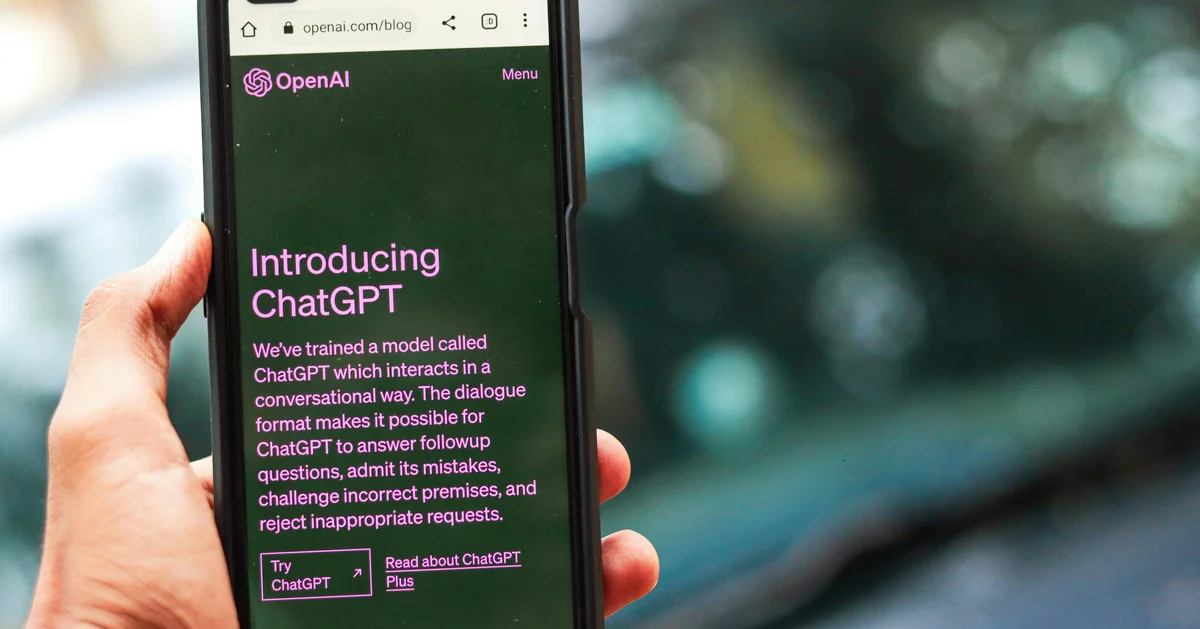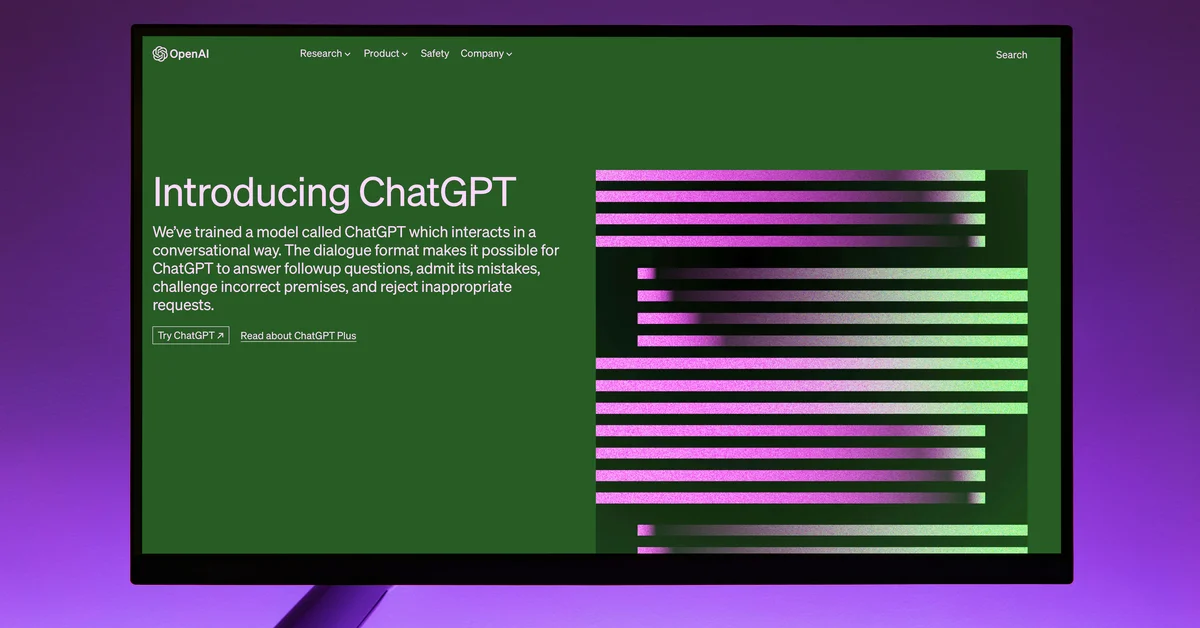For SEO content, is Chatgpt 4 or 4o-mini better?

SEO content creation keeps changing. Choosing the right ChatGPT model can affect how well your content does. Many businesses use AI now, so knowing the differences between ChatGPT-4 and ChatGPT-4o-mini is important. Each has its own strengths, but their best uses depend on what you need and who you’re trying to reach.
ChatGPT-4 is great for creating detailed, engaging content. It’s often the go-to for SEO pros when they need in-depth articles that answer tough questions. On the other hand, ChatGPT-4o-mini is better for quick and short responses, though it might not match the depth of its bigger counterpart. This makes businesses think about which strategy works best with each model.
Picking the right ChatGPT means looking closely at what you need and what you can spend. Choosing wisely can make your online content more impactful.
Table of Contents
- ChatGPT Models for SEO Content
- How SEO Creators Use ChatGPT
- Accuracy of ChatGPT 4 vs 4o Mini
- Pricing Comparison of ChatGPT Models
ChatGPT Models for SEO Content
Choosing between ChatGPT 4 and 4o-mini is a hot topic among SEO writers. This choice matters because it affects how your content performs in search rankings and how users engage. Businesses investing in digital marketing need to know which tool suits their content goals best.
ChatGPT 4 is known for generating rich, complex ideas. It’s great for creating detailed articles and blog posts that keep readers interested. Many SEO experts like it for its ability to craft content that connects with audiences. Yet, AI has its limits. A human touch is often needed to make content feel relatable and to avoid tonal inconsistencies. While ChatGPT 4 can be powerful, relying only on it might make your content feel less original.
4o-mini, on the other hand, is faster and more streamlined. Some say it lacks the depth of its bigger brother. It’s good for short, direct tasks like meta descriptions or quick social media posts, but it might miss the subtleties needed for in-depth content. Used alone, it might not deliver the complexity companies want to showcase their expertise.
When comparing the two models, think about these factors:
- Context Sensitivity: ChatGPT 4 handles context better and keeps conversations on track. 4o-mini might not be as good at this.
- Content Length: For long-form content, ChatGPT 4 is your go-to. 4o-mini fits shorter, direct pieces.
- User Interaction: ChatGPT 4 offers engaging, human-like interactions, while 4o-mini might seem more robotic.
- Cost vs. Value: 4o-mini is cheaper, but weigh if the lower quality justifies the cost savings.
Understanding these tools helps you choose one that aligns with your SEO strategy. Each has its strengths and weaknesses, so using both might be best. ChatGPT 4 can be used for deep, detailed writing, while 4o-mini is for quick replies. Remember, even with AI, a human touch is vital to refine and personalize content.
The real decision is about what your specific content needs are and how much time you’re willing to edit AI output. Balancing these can make the difference between content that’s just there and content that truly engages. So as you explore these tools, keep in mind—AI should enhance your creativity, not replace it.
How SEO Creators Use ChatGPT
Creating SEO content takes creativity, strategy, and knowing your audience. Lately, ChatGPT has become a popular tool for writers. It helps generate ideas and draft content, but you shouldn’t rely on it completely.
Some writers view ChatGPT as a shortcut. They type in a prompt and expect a perfect piece. This temptation is strong when deadlines are tight. But good content needs a human touch. Here’s why relying too much on ChatGPT, whether it’s the latest version or not, can be a problem:
-
Missing Context: ChatGPT can pump out text, but it doesn’t get the nuances of a topic. It might not reflect the brand voice you’ve spent time building. This can leave your content feeling out of sync with your audience.
-
Questionable Originality: Writers need to create unique and engaging content. ChatGPT can give you grammatically sound text, but it might stick to old ideas instead of fresh ones. Originality is crucial in SEO, as search engines love content that’s not just informative but also unique.
-
SEO Know-How: ChatGPT helps with keywords and grammar, but it doesn’t keep up with the latest SEO trends or updates. SEO is always changing. Writers must stay on top of these changes and tweak their strategies so. That’s beyond what AI can do.
-
Information Depth: Some topics need deep knowledge and thorough research. Writing about complex subjects is more than just spinning out AI content. Humans can sift through data and bring in insights from various sources to ensure content is well-rounded and reliable.
-
Engagement Skills: Humans know how to hook an audience’s attention. A keyword-heavy article might fall flat if it’s boring or lacks a story. Creating content that truly connects with readers is an art AI hasn’t mastered.
SEO writers could see ChatGPT as a support tool, not the main creator. It can help spark ideas or beat writer’s block, but a human should always do the final edits. Writers can adjust the tone, ensure facts are straight, and add insights.
ChatGPT can kickstart ideas, but real content comes from experience. Telling stories, selecting the right examples, and adding personality needs a human. Writing is more than just putting words together; it’s about building bonds with readers and giving them something valuable.
In essence, while ChatGPT is a great aid for SEO tasks, it can’t replace the human touch that makes content impactful. Reaching audiences needs the depth only humans provide, so it’s vital to mix technology with your personal flair and perspective.
Accuracy of ChatGPT 4 vs 4o Mini
Choosing between ChatGPT 4 and 4o-mini for SEO content isn’t a small decision. Their differences in accuracy and reliability matter a lot. Quality content is key in the crowded digital space, and these models handle content creation in their own ways.
Both share a basic structure, which is good, but there are subtle differences when generating specific content. ChatGPT 4 offers a more thorough response, diving deep into topics. It handles complex queries well and sees the bigger picture.
4o-mini, on the other hand, is for lighter tasks. It’s good for simple content or quick snippets. If you need basic articles or swift answers, 4o-mini can do it easily. Here are some points to think about:
-
Accuracy: ChatGPT 4 usually has better accuracy for context and nuances. This is crucial for complex topics where credibility matters.
-
Relevance: ChatGPT 4 keeps content focused on the topic. This ensures relevance and helps keep readers engaged. A clear narrative is important for SEO.
-
Handling Queries: ChatGPT 4 is better at dealing with varied or complex inquiries. It understands and adapts more effectively, capturing multiple aspects of a topic.
-
Response Length: ChatGPT 4 gives longer, detailed responses. This is useful for content covering many viewpoints. 4o-mini might lean towards shorter replies, which can miss details.
-
Tone: Both models can maintain tone, but ChatGPT 4 does it better over longer content. Consistent tone helps connect with the audience.
-
Fact-checking: For accuracy, like in technical content, ChatGPT 4 is stronger. It tends to provide more accurate content. 4o-mini might miss details, so verify important facts.
Each model has its place. Understand your needs first. For nuanced, detailed content, ChatGPT 4 is ideal. For simpler, quick pieces, 4o-mini might suffice.
Your choice depends on your content goals. Whether you need detailed analysis or quick drafts, understanding each model’s strengths helps. For content marketers, having the right tools can affect how well content performs in SEO.

Pricing Comparison of ChatGPT Models
Deciding between ChatGPT 4 and 4o-mini for SEO content writing often comes down to cost. Budget is crucial for content marketers, especially those who need cost-effective solutions.
The two models have different pricing. ChatGPT 4 usually costs more. It offers advanced language skills and can create richer content. This makes it appealing for big companies or those who often produce a lot of content.
On the other hand, 4o-mini is more affordable. It’s great for small businesses, freelancers, or marketers who need to watch their spending but still get decent quality. It may not match the detail or precision of its larger counterpart, but it works well for simple tasks and basic SEO needs.
Here’s a closer look at the cost options:
-
Monthly Subscription: ChatGPT 4 tends to have a steeper monthly fee than 4o-mini. Marketers should consider how often they’ll use it to see if it’s worth the price.
-
Per-Use Costs: 4o-mini users might like the pay-per-use option, ideal for those who don’t need daily access. It helps manage costs according to workload.
-
Version Features: While ChatGPT 4 costs more, it might offer special features that reduce revision time. This could save effort and money on hiring editors.
-
Trial Offers: Some providers offer trials or discounts for newcomers. Trying these can help find the right fit before committing.
-
Support and Resources: With its higher price, ChatGPT 4 might offer better customer support or extra resources. Quick help can be crucial during technical issues or when exploring advanced functions.
Beyond numbers, think about the type of content you want to create. Simple blogs or product descriptions might be perfect for 4o-mini, making it a good choice for those looking to save. For complex topics requiring deep dives, ChatGPT 4 might prove cost-effective by creating high-quality content less often.
Both models have their strengths. Assess your project’s needs, potential ROI, and how each tool fits your process to decide what’s best. It’s about more than just upfront costs; it’s finding a sustainable way that fits your content strategy.
Choosing between ChatGPT 4 and 4o-mini comes down to what you need. Each model has strengths for different tasks, whether it’s detailed analysis or short snippets. This piece shows how creators use these tools to improve their work.
Knowing the differences in accuracy and cost helps find the right fit. SEO isn’t just keywords; it’s about content that connects. This discussion helps writers make choices that match their goals.